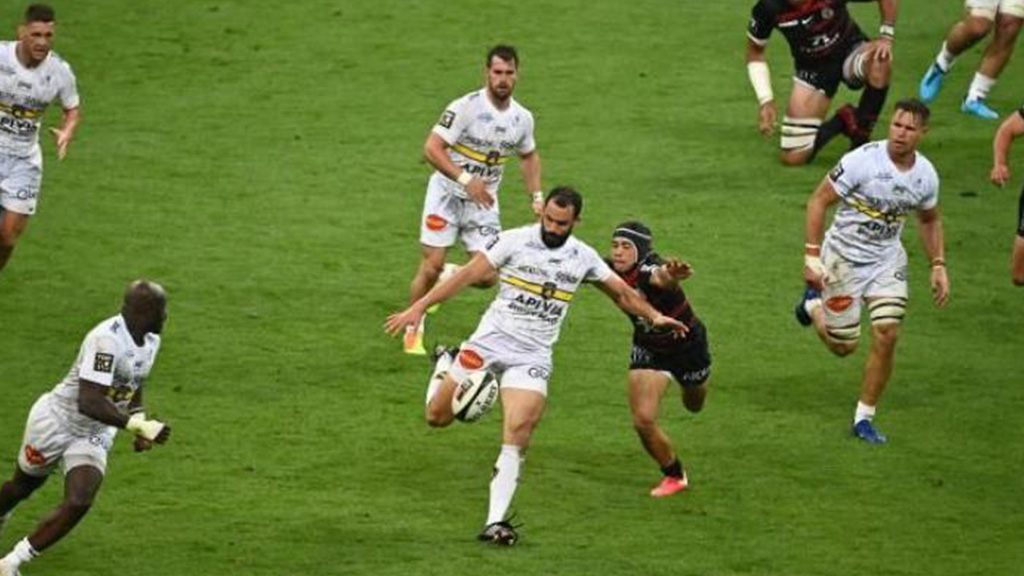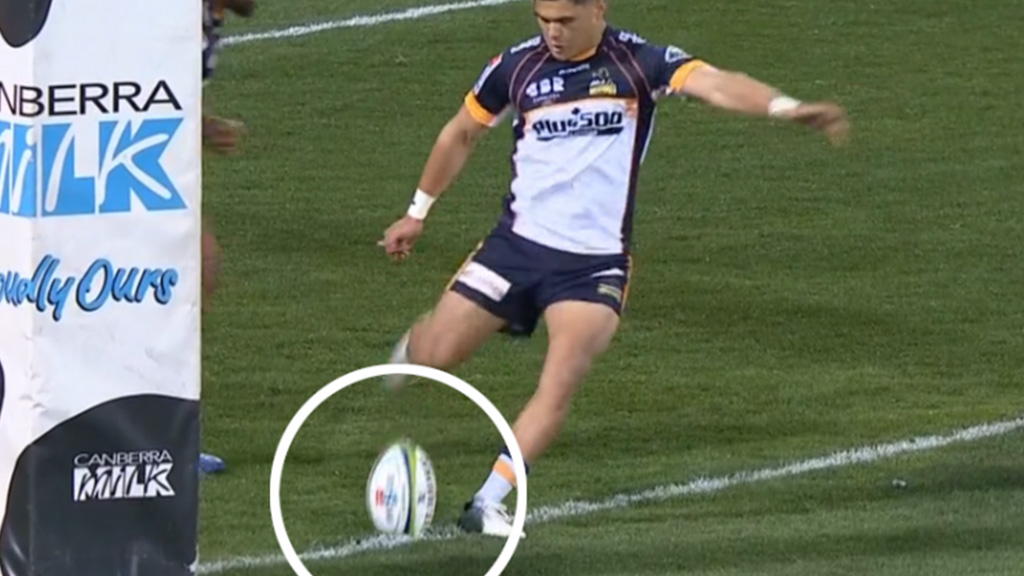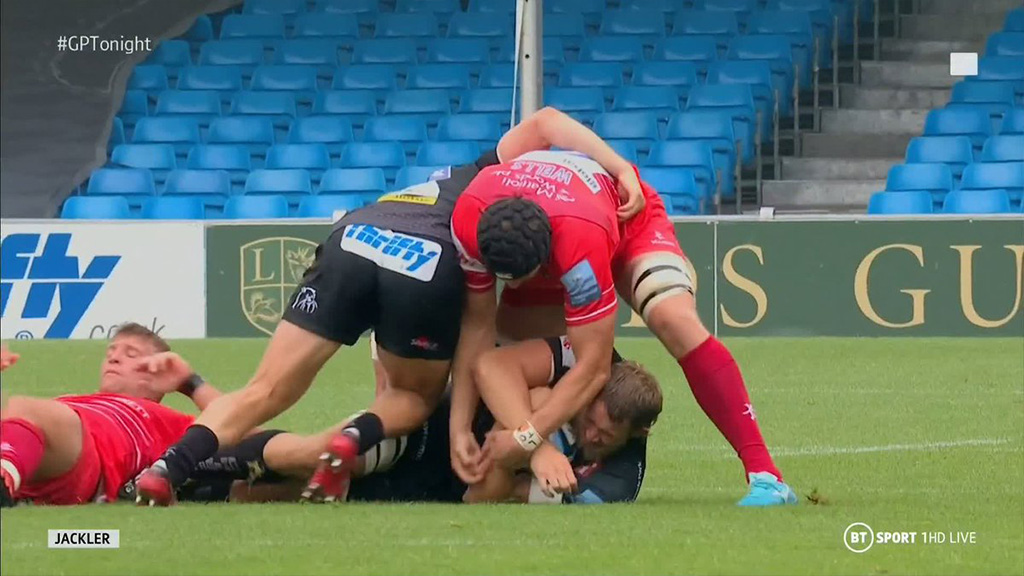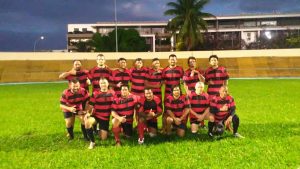
50 – 22 kick 
Boks Beat Pumas 
Goal Line Dropout 
Jackler 
Latch OK
Although the Bledisloe Cup is – for the 19th straight year – once again safe in the cabinet of the All Blacks, fans had hoped for a third game even amid the prolonged Covid 19 pandemic.
After all, the third game had been scheduled to played in Perth, and would give fans there a chance to see if indeed the Wallabies could finish off the series strong and chalk up a win against their Trans-Tasman rivals.
Amid uncertain and constantly changing quarantine restrictions however, the NZRU opted to not send their players to Perth. Aussie coach Dave Rennie voiced his disappointment, as did SANZAAR but it was all too little too late as the Kiwis had already decided to pull the pin on the last game, although a rescheduled game is still in the works and may be forthcoming.
In the other game of the second round of the Rugby Championship, two second half tries by the Springboks secured their second win over Los Pumas, 29-10.
Week three is scheduled for the weekend of 11-12 September with the All Blacks taking on Los Pumas while the Springboks face the Wallabies.
So without much Rugby going on, perhaps it might be good to have a quick look at some Law Trials being implemented since 1 August 2021 instead.
All the trial laws have been implemented based on player welfare concerns and focus on two areas of the game, kicks and breakdowns.
- 50:22 – If the team in possession kicks the ball from inside their own half indirectly into touch inside their opponents’ 22, they will throw into the resultant lineout. The ball cannot be passed or carried back into the defensive half for the 50:22 to be played. The phase must originate inside the defensive half. ‘Indirectly’ means the ball must bounce before going into touch. This law trial is intended to create space via a tactical choice for players to drop out of the defensive line in order to prevent their opponents from kicking for touch, reducing impact of defensive line speed.
- Goal-line dropout – If the ball is held up in in-goal, there is a knock-on from an attacking player in in-goal or an attacking kick is grounded by the defenders in their own in-goal, then play restarts with a goal line drop-out anywhere along the goal line. This law trial is intended to reduce the number of scrums, reward good defense, encourage counter-attacking and increase the rate of ball in play.
- Flying Wedge (amendment) – To outlaw the three person pre-bound mini-scrum by redefining the flying wedge. Outlawing the practice of pods of three or more players being pre-bound prior to receiving the ball. The sanction will be a penalty kick.
- 1 Player Pre-Latched (amendment) – The trial recognises the potential for 1-player pre-latching prior to contact. This will be deemed legal, but this player must observe all of the requirements for a first arriving player, particularly the need to stay on their feet; One-player latch to be permitted, but this player has the same responsibilities as a first arriving player (i.e. must stay on feet, enter through gate and not fall to floor). The sanction will be a penalty kick.
- Cleanout and safety of the jackler (amendment) – To introduce a sanction for clean outs on the jackler (now defined) which target or drop weight onto the lower limbs; Penalising players who target/drop their weight onto the lower limbs of a jackler. The sanction will be a penalty kick.
As welfare-based trials, the potential for a more attacking game is also foreseen along with the obvious safety aspects of the trial laws… And dare we say that hopefully, sooner than later, Rugby schedules for both north and south hemisphere will eventually be hindered by Covid-19 restrictions no more.





